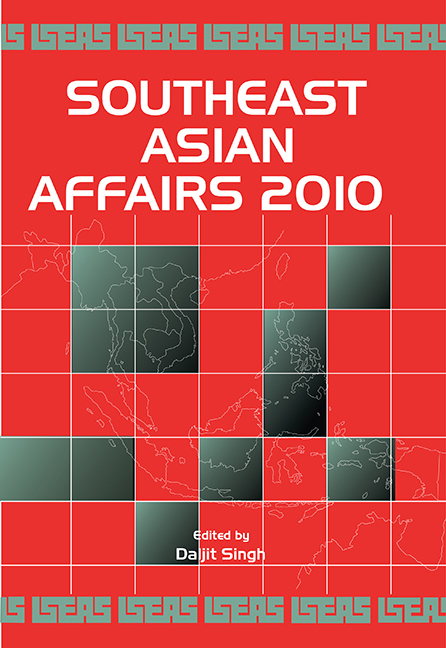Rooting for the Future: Views for the Heritage Sector in Singapore
from SINGAPORE
Published online by Cambridge University Press: 21 October 2015
Summary
Throughout history, great philosophers, leaders, and scholars have espoused culture and the arts as a vital ingredient in shaping a moral, well-rounded, and forward-looking people that can build and sustain a society beyond the immediate future. Indeed, the greatest cities and societies were not just centres of political or economic power; they were also the gathering grounds for cultural advancement. During the golden age of every civilization, these cities were hubs for intellectual and artistic creation that attracted the best minds from near and far.
Today, the myriad surveys conducted by influential magazines such as Forbes and Monocle have continued to espouse the positive impact of arts and culture on city rankings. In the face of intense competition among cities to attract talent, it is indisputable that culture and the arts are crucial to the making of a vibrant, distinctive global city, and that one's experience of the culture and heritage of a city can be the tipping point for deciding what constitutes that elusive “quality of life” that makes a particular city a good place to work and live in.
Over the past few decades in Asia, it can be said that, in the imperative for survival and the pursuit of the economic dream, some societies may have overlooked the timeless importance of heritage and culture. No blame should be cast for this, because providing for the basic needs of one's people is the most important requirement of good governance. The good news is that for the young cities and societies that have previously pursued economic priorities and succeeded, the time has come for the pursuit of a “golden age” of creative and cultural revival.
A City and its Foundation
In any construct of a successful, liveable city, culture plays a significant role. This role can be understood through the analogy of a building and its foundation. A building is perceived as aesthetically pleasing, an icon to be celebrated, to be lived in, to be experienced, to be a work place; which we can marvel and wonder at. We are prepared to spend heavily on the material finishes so that it can be a highly sought after and tradeable commodity. What often goes unnoticed is the foundation on which these buildings are built on.
- Type
- Chapter
- Information
- Southeast Asian Affairs 2010 , pp. 285 - 300Publisher: ISEAS–Yusof Ishak InstitutePrint publication year: 2010



